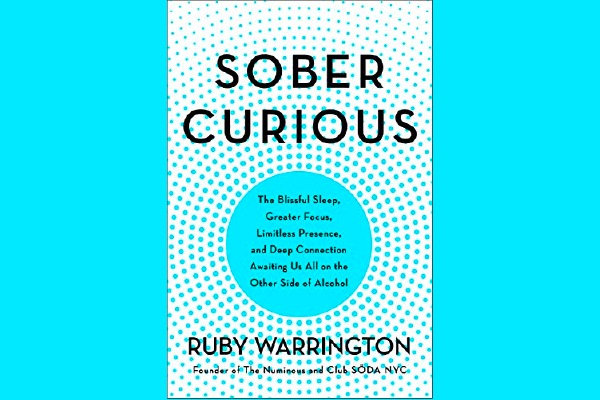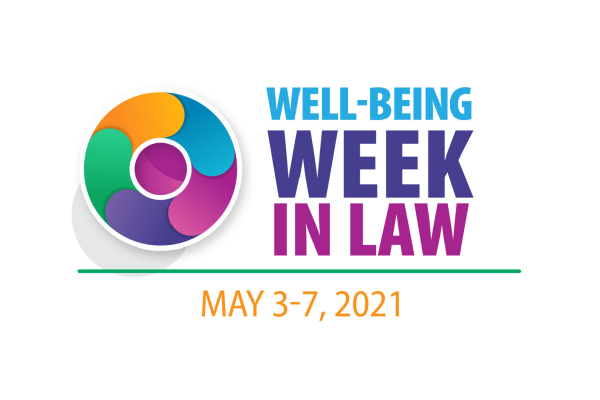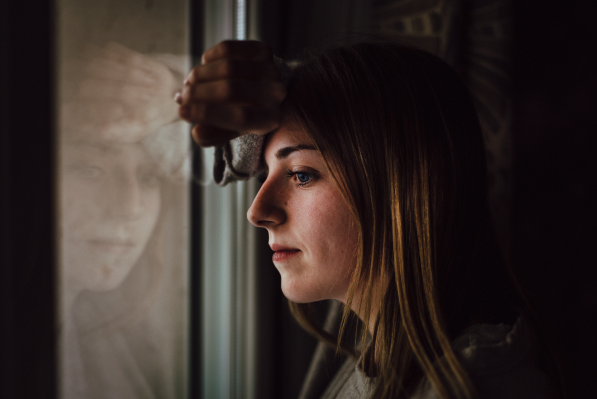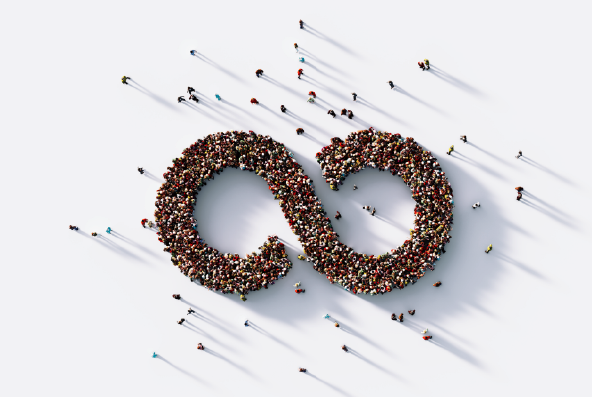Alcohol dependence isn’t easy to overcome, whether it meets the clinical standard for addiction or feels like an unchecked habit. Sober Curious, published in late 2018, offers guidance.
“Get comfortable with discomfort,” Ruby Warrington advises her Sober Curious readers as she describes how to overcome Fear of Missing Alcohol. Warrington doesn’t identify as an alcoholic, but experienced difficulty when trying to change her “heavy social drinking habits” that qualified her as a “problem drinker”.
One in every three lawyers qualifies as “a problem drinker” (National Task Force on Lawyer Well-Being, 2017). Lawyers and law students in Massachusetts can attend our Free & Confidential Addiction Recovery Peer Support Group Meetings across the Commonwealth — exclusively for lawyers and law students.
The difficulty Warrington experienced as she changed her habits led her to wonder whether her habit amounted to an addiction. As she explored addiction recovery communities, she recognized her struggle wasn’t an addiction but a habit — and then struggled to make sense of the difference.
Warrington suggests the distinction between habit and addiction isn’t particularly helpful for her and her audience. Influenced by Marc Lewis’s work, Warrington shares the perspective that all human brains are hard-wired for addiction through the habit-forming process. She questions the disease model of treatment and encourages her audience to look at the broader picture of social factors that fuel alcohol dependence, i.e. social injustices we struggle to cope with.
Understanding addiction along a spectrum abutting deep habits isn’t inherently mutually exclusive with the disease treatment model. While we work against complex social problems, understanding addiction as a disease continues to save the lives of many who need immediate treatment. Labeling the disease as such, which is both fatal and treatable, is the first step to identifying urgent life-saving treatment.
Still, an individual’s habit of relying on alcohol, i.e. problematic drinking, can carry as much risk to personal and professional well-being as addiction. Very often, lawyers really are trying to fix complex social problems — and it’s never easy. Our social systems not only tolerate but enable racism and oppression — and those of us who become addicted in the process are the canaries in the coal mine, as described by NYT #1 bestselling author Glennon Doyle.
A lot of industries normalize alcohol dependence, including the legal profession. Firms benefit from the “work hard, play hard” culture Lisa Smith describes in her memoir about her experience with high-functioning addiction in a big New York City law firm, Girl Walks Out of a Bar. Smith notes in her memoir that she took a job at a big firm “to get training” — as we were all ironically advised to do after paying six figures for our education — that conflicted with her values but could prepare her for a better fit she’d find thereafter, in theory.
Many people struggle to find work that aligns with their values and provides sufficient income. And many give up, often without realizing it. Girl Walks Out Lisa Smith and cohost Tawny Lara interviewed Sober Curious Ruby Warrington for a recent Recovery Rocks podcast episode. Around the 11-minute mark, they discuss how Kondo-ing aspects of our lives can help us remove impulses to numb and clarify opportunities to make positive change — including our careers, which Smith, Lara, and Warrington agree can feel even harder than tidying up personal relationships. Our 5-part Career Innovation workbook series can help lawyers start planning brave new career shifts — all 105 pages are FREE here.
Warrington’s journey suggests that preparation can help us get comfortable with the discomfort that will follow sacrificing a go-to coping mechanism. Her successful journey into sober curiosity followed a prior personal transformation journey Warrington chronicles in her first book, Material Girl, Mystical World. Even those who would describe her spirituality practices as “woo-woo” (her term) can appreciate the self-reflection and self-care involved, and how they set her up for success as she changed her drinking behavior. As a lawyer, it isn’t always easy — but always important — to prioritize self-care.
Getting comfortable with discomfort can be too ambitious to handle alone. Alongside this advice, which depends on any individual’s ability at any given time to trust that temporary feelings of discomfort will lapse, Warrington emphasizes how much social support helps. Removing any coping mechanism is challenging, and alcohol is among the most challenging. Lawyers and law students in Massachusetts can talk to one of our clinicians confidentially and for free (here’s how to schedule) — or attend one of our recovery meetings in locations across the state.
Finally, a cautionary word on spiritual bypassing. While getting comfortable with discomfort can help us avoid a dangerous coping mechanism, we need to be cautious about how we hold the principle as a goal to focus on in life at large. Get comfortable with the discomfort of systemic racism? Literally impossible for Black and Indigenous people and other people of color — and unacceptable for anyone with white privilege. You can’t manifest a form of positive psychology that changes real injustice — your actions as a human need to do that.
Layla F. Saad created a workbook that can help anyone examine their privileges and do better. Doing the work doesn’t feel good. Don’t expect it to feel good. If it challenges your ability to cope, get help. Find more in How to Be an Antiracist: What Lawyers + Law Students Need to Know [Book Review].
Warrington isn’t the first person to suggest that non-clinically-addicted problem drinkers can benefit from changing their habits. And yet, her Sober Curious approach comes at the right time — The Atlantic recently published a piece headlined “Millennials Are Sick of Drinking”. Hear, hear. Good Morning America just aired “What to know about the rising Sober Curious movement“. If you want to read Sober Curious, we have a copy in our lending library you can borrow.




